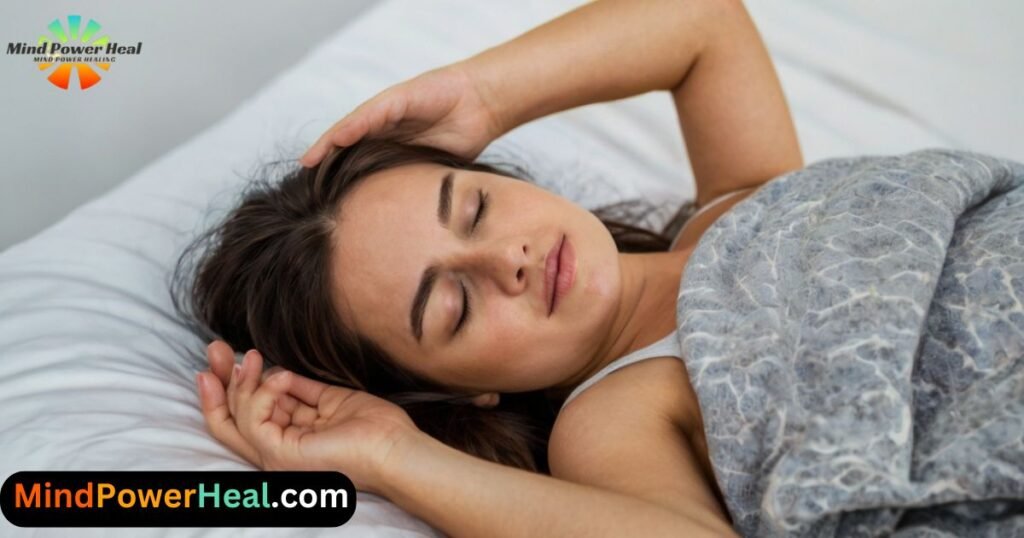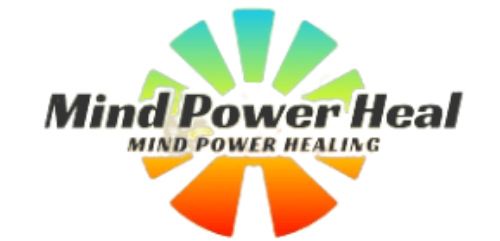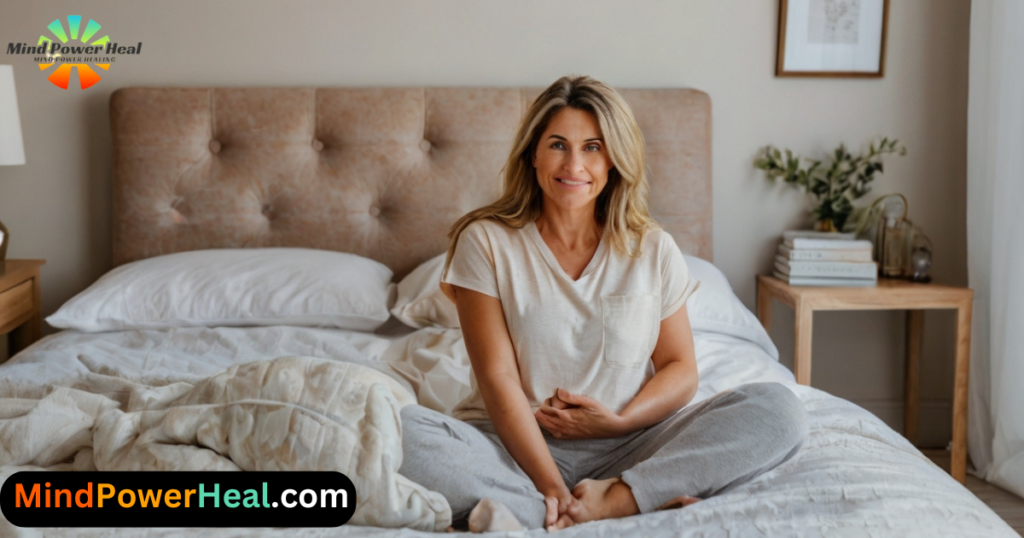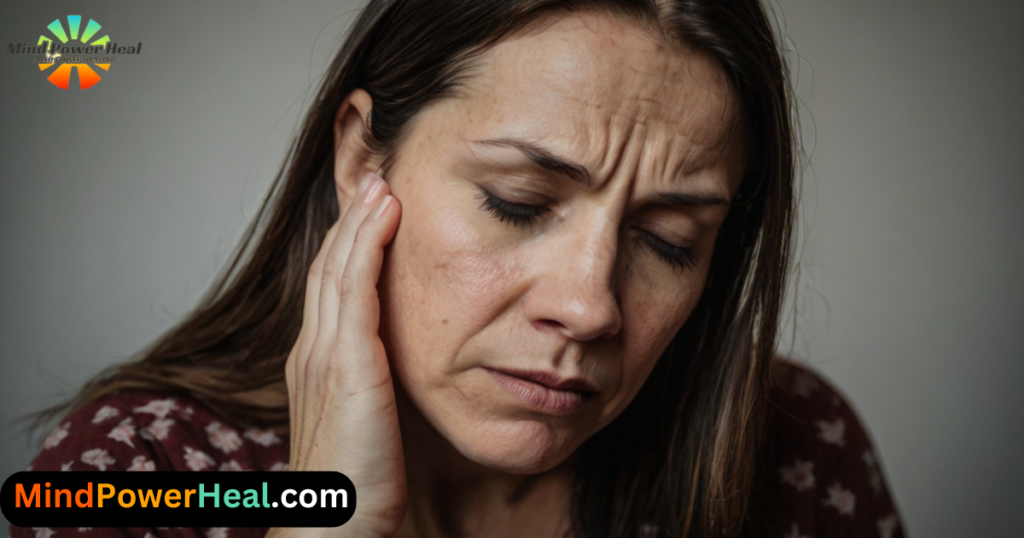Magnesium is a crucial mineral that plays a significant role in various bodily functions, including sleep regulation and anxiety management. When it comes to improving sleep and reducing anxiety, not all forms of magnesium are created equal. This guide will help you understand which types of magnesium are best suited for these purposes and answer some commonly asked questions about magnesium supplements.

Which magnesium is best for sleep and anxiety?
When it comes to addressing sleep issues and managing anxiety, selecting the right magnesium supplement can make a significant difference. Magnesium plays a vital role in regulating various bodily functions that impact both sleep and mood. However, not all magnesium supplements are created equal. Understanding which magnesium is best for sleep and anxiety is crucial for maximizing its benefits and improving overall well-being. This guide will delve into the different forms of magnesium, comparing their effectiveness for promoting restful sleep and alleviating anxiety, so you can make an informed choice tailored to your needs.
Best Types of Magnesium for Sleep and Anxiety
Magnesium Glycinate:
Known for its high bioavailability and gentle effect on the stomach, magnesium glycinate is often recommended for those dealing with anxiety and insomnia. It combines magnesium with glycine, an amino acid that has its own calming effects.
Magnesium Citrate:
This form of magnesium is well-absorbed and may be effective for sleep and anxiety, though it is often used as a laxative. It’s a good option if you are looking for a more general supplement but may cause digestive issues in some people.

Magnesium Threonate:
Known for its ability to cross the blood-brain barrier, magnesium threonate can be particularly effective for cognitive function and may help with anxiety and sleep disturbances.
Magnesium Malate:
This form is also well-absorbed and can be beneficial for overall energy levels and mood. It might help with sleep issues related to fatigue.
Magnesium Oxide:
While it is one of the most common forms of magnesium, it is not as well absorbed as other types and may not be as effective for anxiety and sleep issues.
Comparison Table of Magnesium Types
| Magnesium Form | Absorption Rate | Effectiveness for Sleep | Effectiveness for Anxiety | Side Effects |
|---|---|---|---|---|
| Magnesium Glycinate | High | High | High | Minimal digestive issues |
| Magnesium Citrate | Good | Moderate | Moderate | Potential laxative effect |
| Magnesium Threonate | High | Moderate to High | High | Rarely causes side effects |
| Magnesium Malate | Good | Moderate | Moderate | Rarely causes side effects |
| Magnesium Oxide | Low | Low | Low | Potential digestive discomfort |
Mind Power Healing for Sleep and Anxiety
Mind power healing, a concept grounded in the integration of mental and emotional well-being, offers promising strategies for improving sleep and managing anxiety. This approach emphasizes harnessing the power of the mind to foster relaxation, reduce stress, and enhance overall mental health. Here’s an exploration of how mind power healing can be applied to better sleep and anxiety management:

Techniques and Practices for Mind Power Healing
Mindfulness Meditation:
Practicing mindfulness involves paying close attention to the present moment without judgment. This technique helps reduce anxiety by promoting a state of calm and focus. Regular mindfulness meditation can also improve sleep by calming the mind and preparing it for rest.
Visualization:
Visualization techniques involve imagining a peaceful and calming scene to help reduce stress and anxiety. By regularly engaging in guided imagery or mental rehearsals of calming environments, you can train your mind to achieve a state of relaxation that supports better sleep.
Affirmations:
Positive affirmations are statements that reinforce a sense of calm and well-being. Repeating affirmations related to sleep and anxiety can shift your mindset and reduce negative thought patterns that interfere with restful sleep.
Deep Breathing Exercises:
Deep breathing exercises help activate the body’s parasympathetic nervous system, which counteracts the stress response. Techniques such as diaphragmatic breathing or the 4-7-8 method can be effective for calming anxiety and preparing the body for sleep.
Cognitive Behavioral Techniques:
Cognitive Behavioral Therapy for Insomnia (CBT-I) and Cognitive Behavioral Therapy for Anxiety (CBT-A) are evidence-based approaches that use cognitive restructuring and behavioral strategies to address sleep and anxiety issues. These techniques help identify and challenge negative thought patterns and behaviors that impact sleep and anxiety.
Gratitude Journaling:
Keeping a gratitude journal involves regularly writing down things you are grateful for. This practice can shift focus away from stressors and negative thoughts, promoting a more positive mindset conducive to relaxation and sleep.

Benefits of Mind Power Healing for Sleep and Anxiety
Reduces Stress:
Mind power healing techniques help lower stress levels, which can improve sleep quality and reduce anxiety symptoms.
Enhances Relaxation:
Practices such as deep breathing and mindfulness foster relaxation, making it easier to fall asleep and stay asleep.
Improves Emotional Resilience:
By reinforcing positive thought patterns and managing stress, mind power healing enhances emotional resilience, making it easier to cope with anxiety.
Supports Better Sleep Patterns:
Techniques that promote relaxation and reduce anxiety contribute to healthier sleep patterns and better overall sleep quality.
Incorporating Mind Power Healing into Your Routine
Establish a Consistent Practice:
Set aside a specific time each day for mindfulness, visualization, or other mind power healing techniques to build a routine.
Combine with Healthy Habits:
Integrate mind power healing practices with other healthy sleep and anxiety management habits, such as maintaining a consistent sleep schedule and engaging in regular physical activity.
Personalize Your Approach:
Experiment with different techniques to find what works best for you and tailor your practice to your specific needs and preferences.
Conclusion
Now you are able to decide which magnesium is best for sleep and anxiety? Selecting the right form of magnesium can complement mind power healing techniques in the quest for better sleep and reduced anxiety. Magnesium supplements, such as magnesium glycinate and magnesium threonate, can enhance the benefits of mind power practices by supporting relaxation and improving sleep quality.
Integrating these magnesium forms with mind power healing techniques—like mindfulness meditation, visualization, and deep breathing—creates a powerful synergy that addresses both the physical and mental aspects of sleep and anxiety. While magnesium helps regulate neurotransmitters and relax the body, mind power healing cultivates a calm and positive mindset, further enhancing your ability to achieve restful sleep and manage anxiety effectively.
By combining the right magnesium supplement with mind power healing strategies, you can create a holistic approach that supports overall well-being and fosters a more balanced, peaceful life.
Common Questions and Answers
1. What type of magnesium is best for improving sleep?
Magnesium glycinate and magnesium threonate are often recommended for sleep. Magnesium glycinate is preferred for its calming effect and minimal side effects, while magnesium threonate is noted for its ability to cross the blood-brain barrier and potentially improve sleep quality.

2. Can magnesium help with anxiety?
Yes, magnesium can help manage anxiety. Magnesium glycinate and magnesium threonate are particularly effective due to their calming properties and ability to affect brain function positively.
3. How does magnesium affect sleep?
Magnesium helps regulate neurotransmitters and hormones that are crucial for sleep, such as melatonin and GABA. It also helps relax muscles and reduce stress, making it easier to fall and stay asleep.
4. Are there any side effects of taking magnesium supplements?
Generally, magnesium supplements are safe, but some forms, like magnesium citrate, can cause digestive issues, such as diarrhea. It’s important to choose a form of magnesium that suits your digestive tolerance and health needs.
5. How much magnesium should I take for sleep and anxiety?
The recommended daily allowance for magnesium varies, but a common supplement dose for improving sleep and managing anxiety ranges from 200 to 400 mg per day. It’s best to start with a lower dose and adjust as needed, preferably under the guidance of a healthcare professional.
By understanding the different forms of magnesium and their effects, you can make an informed decision about which supplement might be best for improving your sleep and managing anxiety.



